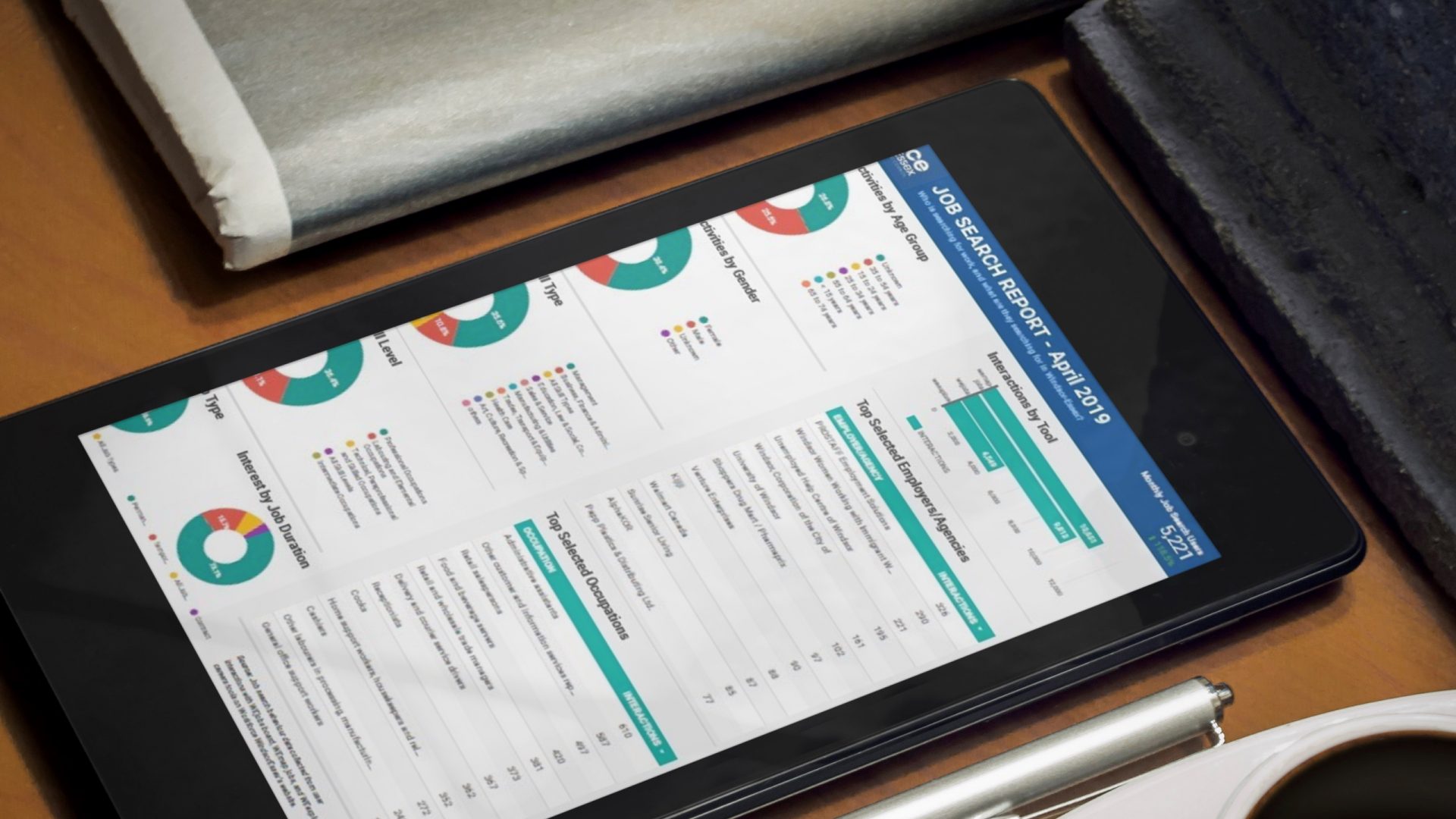About the Local Workforce Planning Board
Workforce WindsorEssex operates as the local workforce planning board for the Windsor-Essex region. Local Workforce Planning Boards are independent not-for-profit corporations sponsored by the Ministry of Labour, Immigration, Training and Skills Development (MLITSD) to improve the condition of the labour market in their specified region of Ontario.
Each year many projects are undertaken to support jobseekers, students, employers, educators, and service providers in our community.
2024-25 Current Projects
Past Local Board Projects
QUESTIONS?
Project Contact:
Tashlyn Teskey, Manager of Research Projects: tteskey@workforcewindsoressex.com













